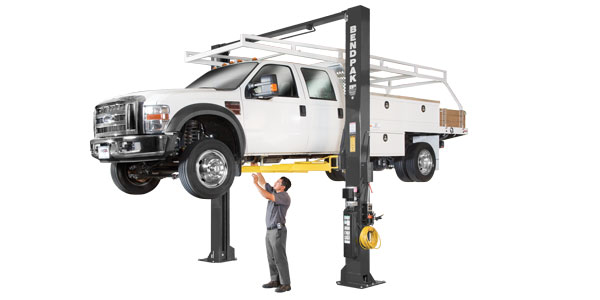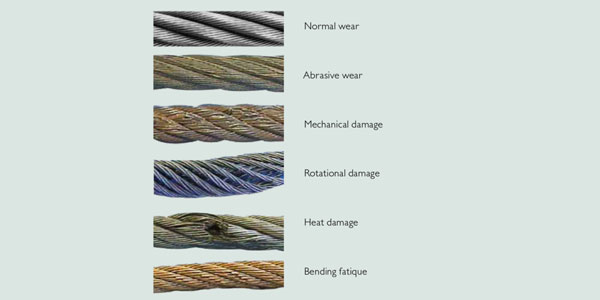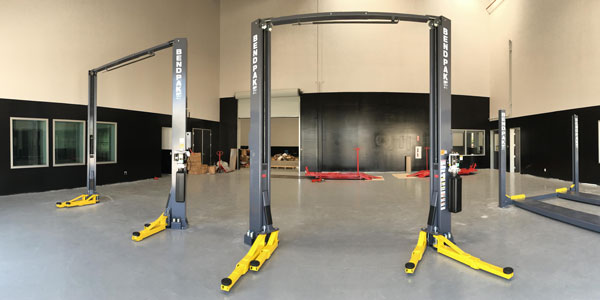The Tire Industry Association (TIA) reminds commercial vehicle operators that improper installation procedures can lead to tragic wheel-off accidents. Every commercial vehicle operator should keep in mind:
• Proper torque is not a guarantee that the wheel is secure on the hub or drum––the key is clamping force. Even with the correct torque, foreign material on the mating surfaces and worn threads will still cause a wheel to become loose. Tire technicians must be trained to ensure that the wheel and hub are properly cleaned and that the wheel and fasteners are inspected before installation.
• Use the proper wheel fastener lubricants (30-weight oil on the stud and flange nut for hub-piloted wheels and dry for stud-piloted).
• Do not use anti-seize compounds on stud-piloted wheels. This use has never been approved by wheel, hub or fastener manufacturers.
• Wheel fastener torque should be checked after the first 50 to 100 miles.
Transmission service tip
Edward Vollert, retired maintenance supervisor for SA Recycling LLC in Los Angles, writes: “Removing and installing transmissions on large trucks and buses can be time consuming and frustrating. On vehicles where the engine and transmission slant downward, installing the transmission is difficult, because as you push the transmission forward and the input shaft goes into the clutch assembly, you have to keep raising the transmission a little at a time. The last inch where the input shaft goes into the pilot bearing can be difficult to line up. One solution is to raise the rear end of the vehicle (and block it) so the center line of the engine and transmission are parallel with the shop floor. Then, the transmission will go straight in without jockeying up and down.”




